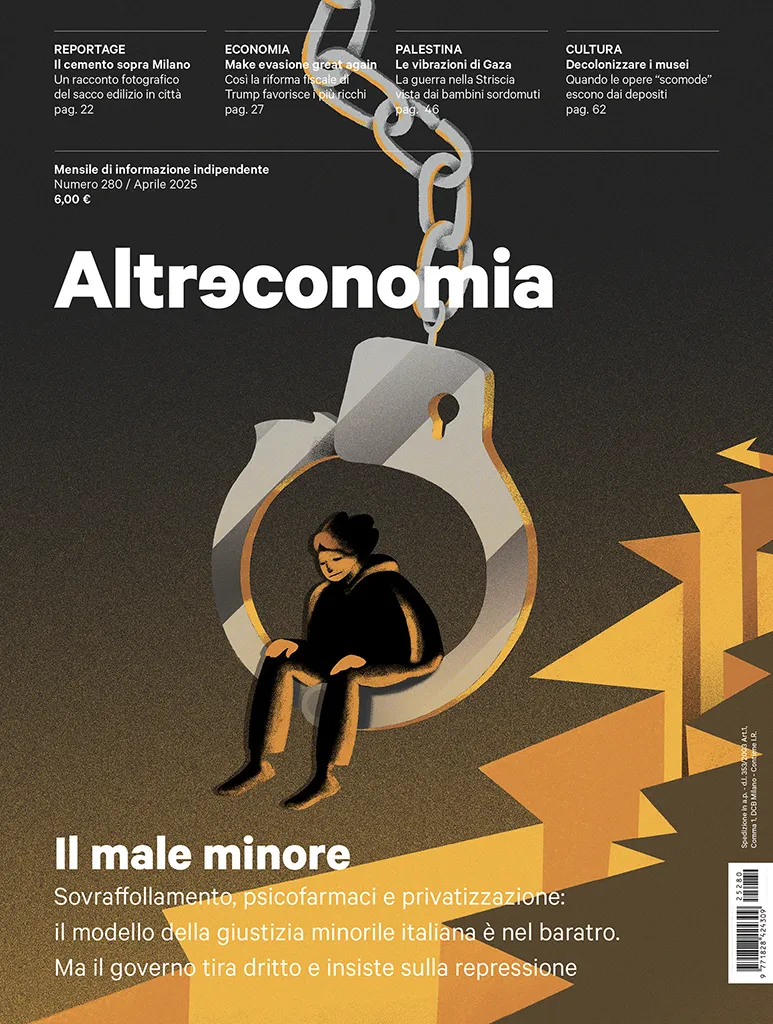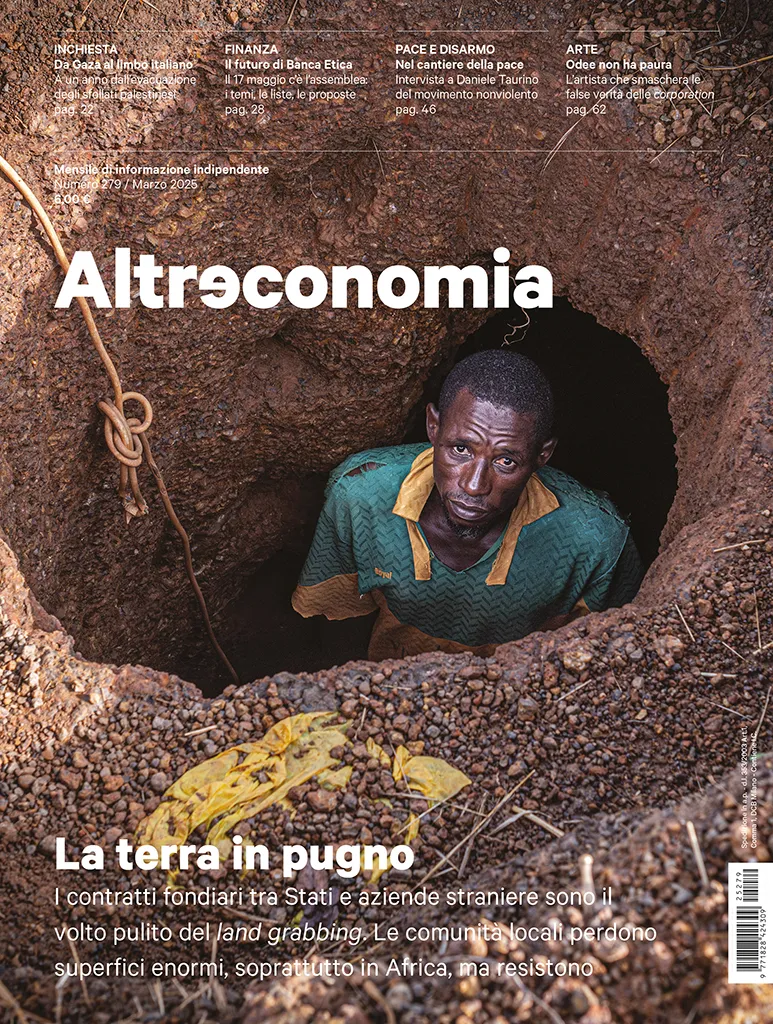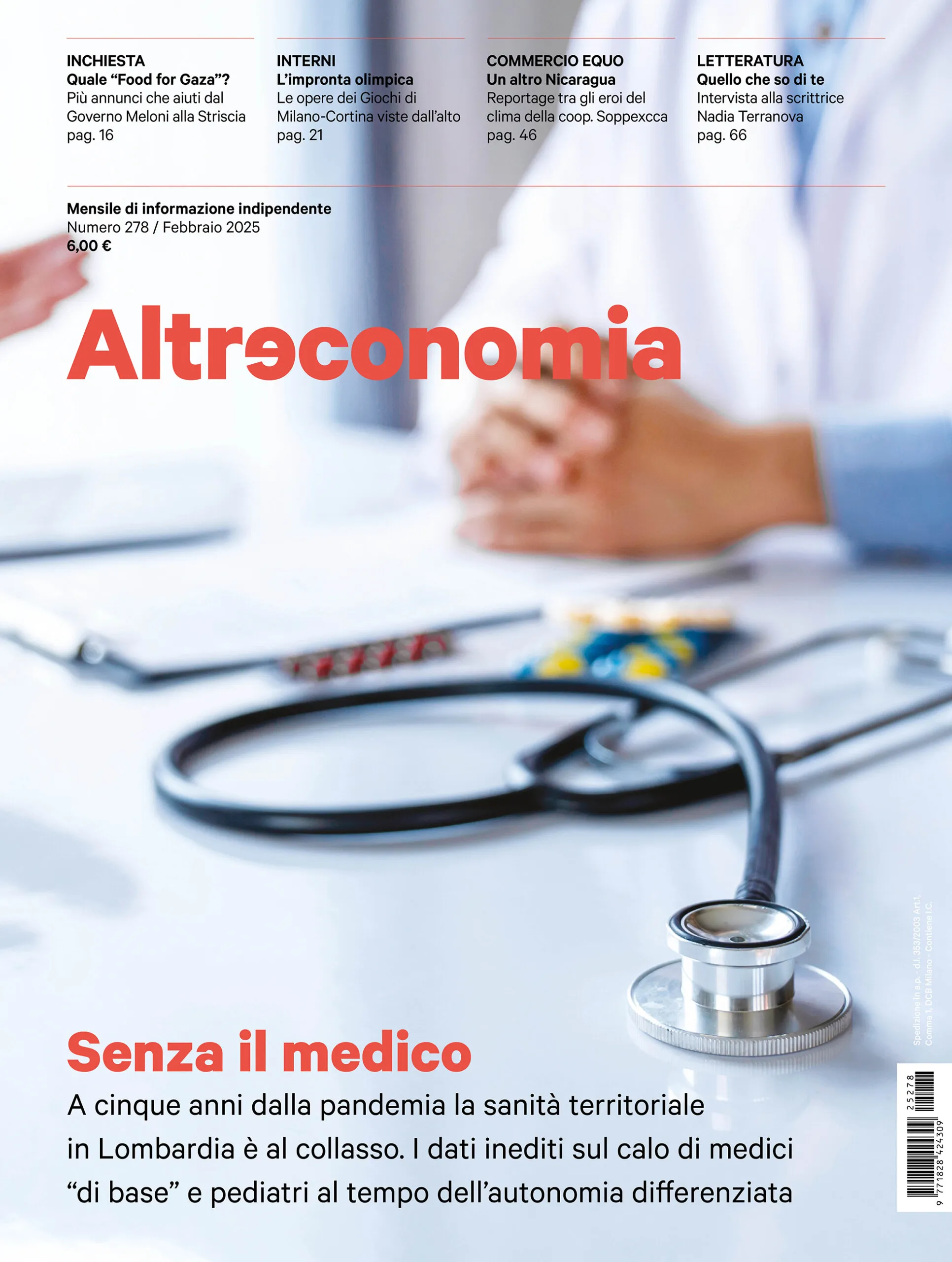We are very excited to introduce our Welfare, Sustainability and Eco-Social Policies team’s new website for the project Governing the “Just Transition”: Eco-social Politics and Policies in the EU. This project addresses the issue of how to make the eco-social transition just in the context of both domestic and EU-led policy processes.
Please visit the project website (https://www.ecosocialproject.com/) and stay tuned!

Project Overview
Over the past years, the salience of social and ecological issues has increased substantially all over the world and in the European Union (EU) alike. On the one hand, social challenges such as poverty and inequality have represented a growing concern for European policy-makers especially after the 2008-12 economic and sovereign debt crises as well as during the COVID-19 pandemic; on the other hand, the ecological limits of growth and the need for ambitious climate adaptation and mitigation policies have become ever more evident. Consequently, governments have increasingly committed to social and environmental objectives: “eco-social” policies are thus key to address the trade-offs and possible conflicts arising from pursuing goals in the latter two spheres – both in terms of prioritization of measures and expenditure allocation.
The research project, titled “Governing the “Just Transition”: Eco-social Politics and Policies in the EU”, addresses the issue of how to make the eco-social transition just in the context of both domestic and EU-led policy processes. The point of departure of the project is the European Green Deal (EGD), an encompassing European strategy that also touches upon issues such as the multilevel legitimacy of European integration, domestic eco-social policies, and multilevel social tensions which may arise with regard to the implementation of EGD initiatives. Furthermore, we are also interested in purely domestic politics and policies which may not be connected to European strategies. More specifically, the research questions addressed by the project are:
- How can the multilevel eco-social linkage be conceptualized and empirically studied with regards to politics and policies?
- What are the main characteristics of the EU eco-social policies’ design and what have been the main political determinants of the new EU eco-social agenda?
- Since the eco-social mix entails multiple trade-offs, which solutions specific countries have tried to integrate and balance social and environmental goals in strategic policy sectors for the EU, such as regional and urban development, de-carbonization strategies and energy poverty to make the green transition just in the post-COVID-19 governance framework?
- How do different national policy legacies and domestic political dynamics shape the eco-social transition in the three strategic policy fields: regional and urban development, de-carbonization strategies and energy poverty?
The research will be based on primary and secondary document analysis as well as on semi-structured interviews with key informants at different levels of government. The project will adopt a qualitative method approach through a triangulation of different data sources to empirically investigate the multilevel developments of eco-social policies, with particular attention toEGD-related political and policy processes. In addition to spelling out supranational dynamics, the project analyses the interactions between the European and the domestic levels, as well as developments at the national, regional and local level in Germany, Ireland, Italy, Poland, Spain, and Sweden. These six Member States belong to different ‘worlds of eco-welfare states’, i.e. different interactions of social and environmental conditions such as ecosystem vitality, air pollution, at-risk-of-poverty rate or long-term unemployment.




